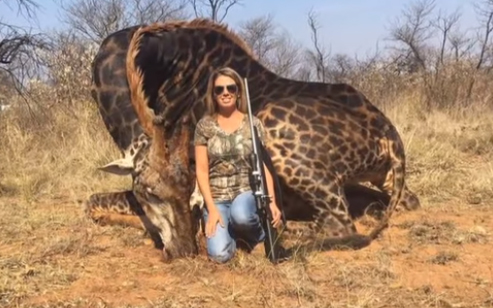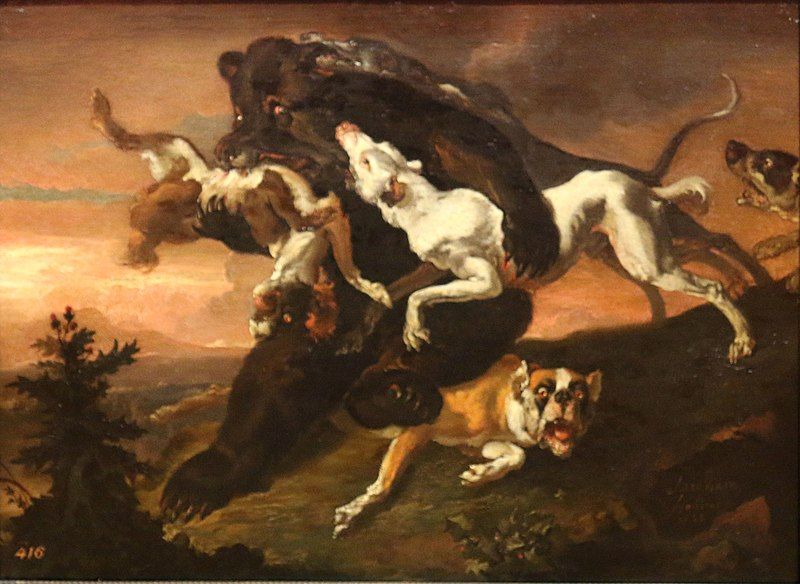From the Centre for Environmental Rights, South Africa: Challenges to Shell’s seismic blasting on South Africa’s Wild Coast
6 DECEMBER 2021
Background
In early 2013 Impact Africa applied for an Exploration Right for petroleum resources in terms of section 79 of the Mineral and Petroleum Resources Development Act, 2002 (MPRDA). The Application was accompanied by an Environmental Management Programme (EMPr) which was submitted for approval in terms of (the then) section 39 of the MPRDA. After submission of the EMPr, the Petroleum Agency of South Africa (PASA) accepted the application on 1 March 2013, and required a Public Participation Process to be conducted.
PASA and the Minister of Mineral Resources and Energy issued Impact Africa with the Exploration Right on 20 May 2014. This right was renewed in 2017 and for the second time in 2020, effective for a period of two years from August 2021.
Royal Dutch Shell PLC and its subsidiaries, as Operator of the Exploration Right, intend to commence with 3D seismic surveys for the exploration of petroleum resources in certain licence blocks off the Wild Coast region of South Africa.
According to the EMPr, the seismic survey involves extremely loud (220 decibels) underwater explosions or discharges at intervals of 10 to 20 seconds which are to continue 24 hours per day for four to five months. The EMPr provides that a vessel will tow an airgun array with up to 12 or more lines of hydrophones spaced 5 to 10 meters apart and between 3 and 25 meters below the water surface. The array can be upwards of 12,000 meters long and 1,200 meters wide.
Many prominent South African marine scientists have called on the government to halt the survey due to concerns about harmful impacts on South Africa’s marine ecosystems and coastal communities.
Two urgent applications were brought challenging the seismic surveys on behalf of interested and affected parties including local associations, environmental justice organisations and residents of the Wild Coast region.
Note that the Centre for Environmental Rights does not represent any of the parties in these matters.
Urgent interdict application brought by Border Deep Sea Angling Association, Kei Mouth Ski Boat Club, Natural Justice and GreenPeace Environmental Organisation in the High Court of South Africa (Eastern Cape Division, Grahamstown) and represented by Cullinan & Associates Inc and Ricky Stone:
Letters:
Pleadings:
Confirmatory Affidavits:
Heads of Argument
Judgment
Urgent interdict application brought by Sustaining the Wild Coast NPC, Mashona Dlamini, Dwesa-Cwebe Communal Property Association and four Others in the High Court of South Africa (Eastern Cape Division, Grahamstown) represented by the Legal Resources Centre and Richard Spoor Inc.
Pleadings:


The case against trophy hunting
1)Trophy hunting defies all logic.
It’s a bizarre notion to shoot something you are trying to protect in the first place. Let’s take the example of wolves, which faced extinction not so long ago. Spending decades bringing them back from extinction makes no sense, only to begin killing them again.
2)Trophy hunting is unethical.
Most importantly, the practice is entirely unethical. It causes suffering to the hunted animal. Indeed this suffering exceeds much more in magnitude than the pleasure it gives the hunter! Mankind is supposed to be the protector and guardian of the planet and its inhabitants. Instead, post-industrial age, humans have treated our animals and our forests like expendable resources and garbage exclusively for their own selfish use and with complete disregard for everything else. The caveman of thousands of years ago had far more respect for our animals and forests and only killed to survive. Animal populations are collapsing and, inevitably, so will our civilization.
3)Trophy hunting does more harm to the very species it is supposed to protect
Trophy hunters make unsubstantiated claims that a small amount of controlled trophy hunting does not harm populations. However, this is not true. Trophy hunting can backfire and hurt the overall population of a species. Let’s take the example of lions. For trophy hunters, shooting the biggest and strongest adult male lion is the most desirable type of hunt by wealthy foreign hunters. However, it is a well-known fact that an adult male is the protector of his pride, protecting the females and other male offspring. If it gets killed, other male lions will attack and kill weaker lions in the pride to take over the leaderless pride, thus further reducing the numbers to the further detriment of the species. There are countless real-life examples of this phenomenon.
4)Does money from Trophy hunting help conservation?
There is no real proof that money raised by trophy hunting helps a species or local communities. I believe it is a misconception that revenues from trophy hunting help with conservation. This is what so-called” conservationists” would conveniently like the world to believe. On a broad scale, corrupt government officials, middlemen travel companies, and sports outfitters organizing the trophy hunt end up with the lion's share of the proceeds, and perhaps only a trickle goes to conservation and rural communities. I think the notion that trophy hunting helps conservation is like putting lipstick on a pig in a false attempt to hide its ugliness. The notion that Trophy hunting helps to protect the species is simply a guise to justify this gruesome practice. In all reality, it is simply providing a thrill to wealthy people who get a kick out of killing an endangered animal. True conservation activities should sustainably involve local communities, not benefit organizers, middlemen, and corrupt officials.
5)Trophy hunting undermines efforts to curb poaching.
What kind of mixed message are we sending poachers? It’s a double standard to come down hard on poachers who are simply trying to feed their families but greenlight wealthy thrill-seeking foreigners to hunt and kill animals. Poaching and trophy hunting is disgusting practices from a wildlife standpoint, especially for endangered species, which seem to attract an unusually large number of trophy hunters to hunt and kill these animals.
6)Trophy hunting is a lucrative big business making the case for even more trophy hunting
Because trophy hunting has become a big business, getting carried away and increasing quotas for the number of animals to hunt is easy. Corrupt politicians and organizers will find a way to make trophy hunting more lucrative for themselves at the detriment of the species.
7)Trophy hunting impairs genetic selection
As noted earlier, the most prized trophy hunts by wealthy foreigners granting them the most significant bragging and boasting rights are to take down the strongest males by targeting, for example, the ones with the most prominent horns of the most prominent tusks. This leaves only the less fit males in the population. Effectively, trophy hunting is weakening the DNA of a species over time.
Interestingly, even the original first nations inhabitants respected the leader of a pack, the strongest of the bunch. They would hunt the weaker animals for survival. Our modern civilization does not understand the importance of this simple but essential concept of genetic selection for the ongoing survival of a species.
8)Trophy hunting supports other harmful industries
Trophy hunting supports other industries that are detrimental to society by enabling weapons companies to make even more guns and fossil fuel companies provide dirty fuel for the long flights to take foreign trophy hunters to far away remote places to commit their heinous crimes against a harmless species already facing extinction.
These are just some of the reasons why trophy hunting should be banned entirely. So many humane ways can help protect a species facing extinction. Simple eco-tourism comes to
mind, where wealthy folks can take their families on safaris to see these animals in the natural setting. Shoot animals with your cameras, not rifles!
The extinction of a species is a global problem, not a local one. Imagine if every government across the globe donated a tiny tine minute fractional percentage of their tax revenues towards ending the extinction of species globally. This would make many resources available for conservation efforts to preserve a species. Far more than resorting to killing more of the same species!
I challenge anyone to argue otherwise and, more importantly, provide concrete evidence and data, to disprove my rationale for ending this cruel and inhumane practice of trophy hunting!
Munir Noorbhai
(Private citizen who wants to do right by animals before it is too late!)
Visit the discussion on Trophy Hunting: https://www.mojostreaming.com/video/685/trophy-hunting-debate-episode-1